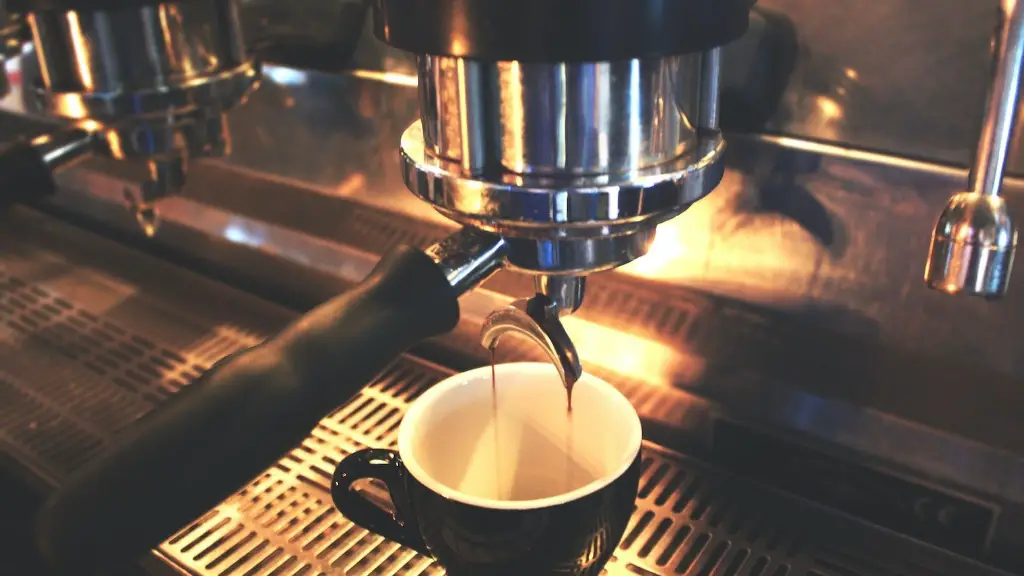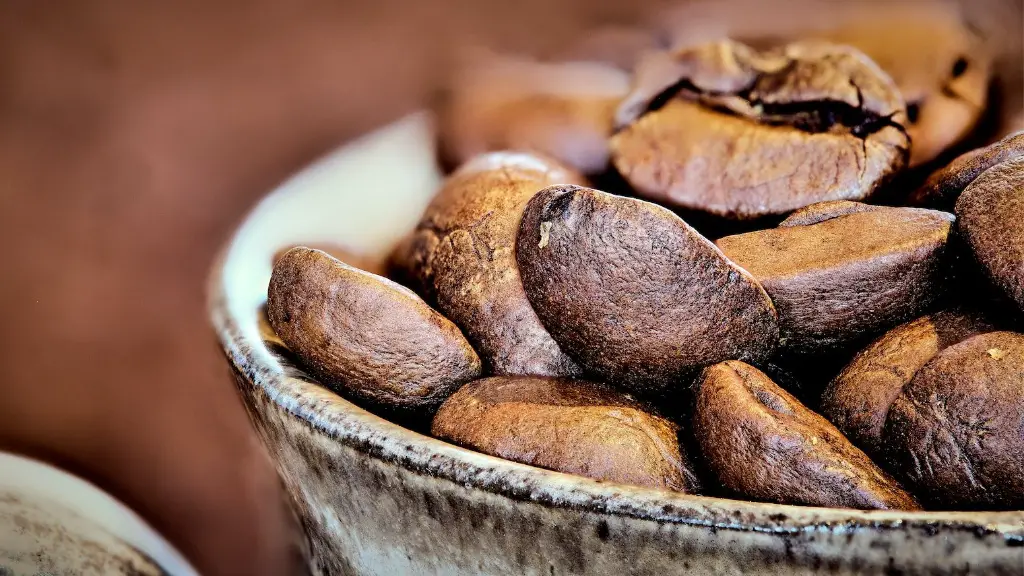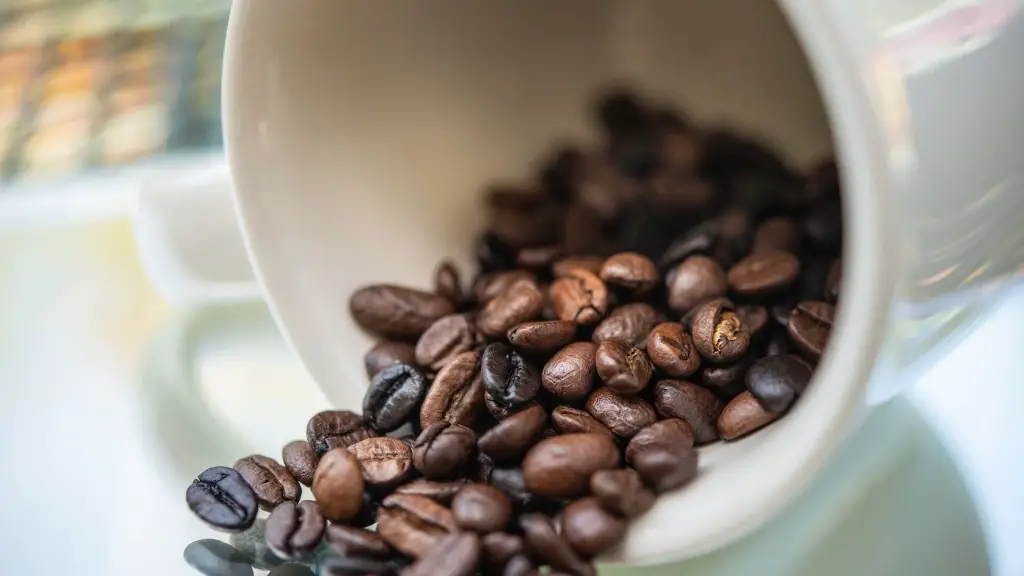What are the advantages of drinking coffee?
Coffee is one of the most popular drinks in the world, consumed daily by millions of people. But do you know what the advantages of drinking coffee are? Coffee contains several compounds that confer beneficial effects on our health, including antioxidants, minerals and compounds beneficial for human health. In this article, we’ll explore the various advantages of drinking coffee and provide relevant data from experts to back up our assertions.
One of the advantages of drinking coffee is its role in maintaining your mental health. Caffeine present in coffee is known to improve mental alertness, concentration and cognitive function. This is due to its stimulating effects on the central nervous system. It also helps to reduce your risk of dementia and Alzheimer’s disease because caffeine enters the brain and helps protect it from damage. It also improves mood. Studies show that drinking coffee reduces the risk of depression and suicide.
Apart from its mental health benefits, coffee can also benefit physical health. Studies show that drinking coffee can reduce the risk of coronary heart disease, stroke, Type 2 Diabetes and liver cirrhosis. It is also associated with a lower risk of Parkinson’s disease and some types of cancer. This is due to its high levels of antioxidants, which can help to reduce inflammation and improve overall health.
Coffee is also beneficial for weight loss. Studies show that caffeine can boost your metabolism and help you burn more calories. It is also known to suppress hunger and decrease your appetite. However, this should be consumed in moderation as consuming too much coffee can lead to dehydration, insomnia and restlessness.
Finally, coffee can also provide you with an energy boost. It is known to improve physical performance and delay fatigue. It can also help to speed up your recovery time. This is due to the stimulating effects of caffeine, which increases your heart rate and helps to improve blood flow, leading to improved energy levels.
Varieties of coffee
Just as there are different types of coffee plants, there are several varieties of coffee. This includes Arabica and Robusta beans, which are the two main types of beans used in coffee. Arabica beans have a mild and sweet taste, while Robusta beans have a strong, bitter taste. Other varieties include Kona and Peaberry, which are both specialty coffees.
Arabica beans are grown in several countries around the world, such as Brazil, Colombia and Ethiopia. Robusta beans, on the other hand, are grown in Indonesia, Vietnam and Africa. Each type of coffee bean has its own unique characteristics and flavor profile, so you can choose the one that suits your taste.
At the same time, you can also choose from a wide variety of roasting levels. From light to dark roast, each type has a different flavor and aroma. You can also choose between espresso, latte, cappuccino, macchiato, filter or cold brew coffee.
Coffees from different regions have also different flavors. African coffees have floral and stone fruit notes, while Indonesian coffees are more bold and smoky. South American coffees are often sweet and nutty, while Indian coffees tend to be heavy and earthy.
Advantages of espresso
Espresso is a type of coffee made by forcing hot water through finely ground coffee beans. It’s a popular drink all over the world, but do you know what the advantages of drinking espresso are? Coffee experts agree that there are several advantages of drinking espresso over other types of coffee.
For one, espresso is very concentrated and contains higher levels of caffeine than regular coffee. This means it’s a great choice if you need a quick pick-me-up or want to get an extra boost of energy in the morning. Espresso is also known to improve alertness and focus and can help improve your mood.
Espresso also has a strong, bold flavor that can be enjoyed on its own or with sugar, cream or other flavoring. Moreover, espresso is a great choice if you want to create complex coffee-based drinks like cappuccino, latte and macchiato. It’s also a great choice for making cold-brewed coffee, as the concentrated flavor of espresso makes it easy to dissolve in cold water.
Espresso is also very versatile and can be used for cooking. It adds a unique flavor to baked goods, savory dishes and sauces. And if you’re feeling creative, you can even use it to make alcoholic drinks like espresso martinis.
How to choose the best coffee
When it comes to choosing the best coffee, there are several factors to consider. The quality of the coffee beans is an important consideration. Look for freshly roasted beans that are free of defects and have an even color.
It’s also important to choose a coffee that’s been ground to the correct consistency. This is important as too coarse of a grind can make the coffee weak, while too fine of a grind can make it over-extracted and bitter.
Another important factor to consider is the brewing method. Different brewing methods require different grind sizes and water temperatures for the best flavor. For example, an espresso shot needs a finer grind and higher water temperature compared to cold-brewed coffee.
It’s also important to consider the roast level of the coffee. From light to dark roast, different roasts can have different flavors and aromas. Generally, light roasts are more acidic and fruity, while dark roasts are more bold and chocolaty.
Finally, the source of the coffee is also important. Coffee from different countries and regions can have different flavor profiles, so try to find one that suits your taste. It’s also important to make sure the coffee was harvested and roasted in a sustainable and responsible manner.
Organic coffee
Organic coffee is increasingly gaining in popularity, as it is grown without the use of synthetic pesticides, fertilizers or genetic modification. This is good for the environment as well as for human health, as these chemicals can contaminate the soil and water, and can be harmful to our health when consumed.
Organic coffee is also more sustainable as it uses fewer resources and creates less waste. It usually has a better flavor than regular coffee, as the absence of chemicals helps to reveal the true flavor of the coffee beans. It also tends to have less acidity, which can make it easier to digest.
Finally, organic coffee is usually more expensive than regular coffee. This is due to the higher cost of production and the fact that it is usually sold in smaller batches. However, it is worth the extra expense, as it is better for your health and the environment.
Risks associated with drinking coffee
Despite its numerous benefits, drinking coffee does have some risks associated with it. Consuming too much coffee can lead to increased heart rate and elevated blood pressure. It can also cause insomnia, restlessness and dehydration, as it is a diuretic and can lead to the loss of fluids. It is also important to note that caffeine is addictive, so it’s best to consume it in moderation.
Coffee can also interact with certain medications, so it’s important to consult your doctor before consuming it. And because of its acidic nature, it can damage the enamel on your teeth, so it’s important to rinse your mouth with water after drinking it.
Finally, it’s important to choose organic coffee, as it’s free of chemicals and fertilizers, which can be harmful to your health. Make sure to choose freshly roasted beans and grind them just before brewing. You should also choose a brewing method that suits your taste and experiment with different roast levels to find the one that suits you.
Health benefits of caffeine-free coffee
If you love the taste of coffee but don’t want the caffeine, then caffeine-free coffee is the perfect option for you. Caffeine-free coffee can provide the same taste and aroma of regular coffee without the stimulating effects of caffeine.
Caffeine-free coffee has several other health benefits, too. It contains high levels of antioxidants and minerals that can help to reduce inflammation and improve overall health. It also has minimal acidity, which can make it easier to digest.
And because it’s caffeine-free, it can be enjoyed at any time of the day without the worry of feeling overstimulated. It can also be consumed by children and pregnant women without any adverse effects. And for those looking for a caffeine-free energy boost, caffeine-free coffee is a great option.
Caffeine-free coffee is also a great way to reduce your caffeine intake without completely abstaining from coffee. You can also enjoy the same type of flavors as regular coffee without the stimulating effects of caffeine.





